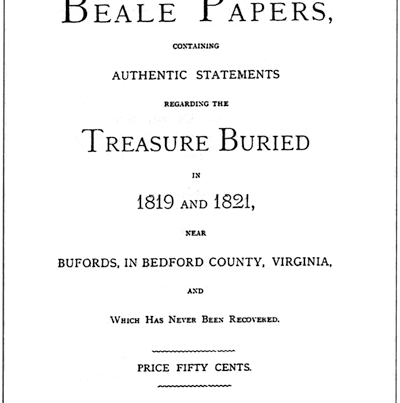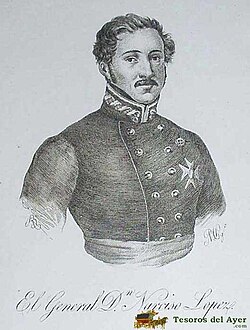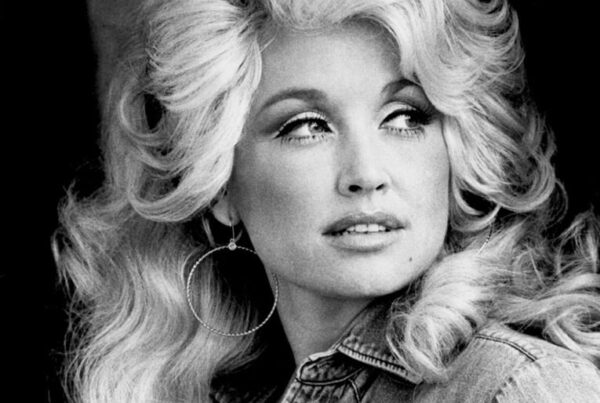Having passed my allotted three score and ten, I realise that I have spent too much time watching movies. I can only hope that come judgment a merciful Lord will forgive my frivolous wasted hours. My excuse is that cinema has been the major literary form of my time, a powerful influence on the ideas, attitudes, values, and behaviour of a great many people. In early days that role was filled by the Bible and the classics. The 19th century was largely dominated by the novel, and for most of the 20th century it was the movies.
By default a citizen of the United States, I can only feel shame at the condition American film has reached in the 21st century—pornography, nihilistic violence, filthy-mouthedness, imitativeness, moral depravity, and just plain tackiness. American film is no longer literature unless comic books qualify as literature. Today’s movie industry is only surpassed in evil influence by its bastard offspring, television. The shame is especially acute when I realize that other countries have maintained some literary and artistic standards in their cinema—Britain, France, Italy, Norway, Poland, Russia, Australia, Japan, and even Iran, a country which our late-Empire American megalomaniacs want to destroy. (Old men are irascible. I generalise too sweepingly about American movies. There are still good ones being produced by good people who have at least one foot out of the Hollywood mainstream.)
The hollow American “culture” reflected by Hollywood, I boldly suggest, reflects the truth that there is no “American” culture, unless one counts a talent for gadgetry. If we define culture as creativity working in an authentic tradition, a combination of genius and folk culture, then we have to count “America” out. There are good reasons why every original American form of music has come from the South, as well as a preponderance of our greatest writers. Sorry, Minneapolis, but symphony orchestras with foreign conductors playing European music and museums full of European art bought by wealthy industrialists don’t make the grade. This, as Donald Davidson observed long ago, is “culture poured in from the top,” not the real thing.
My chief interest in my wasted hours of idle diversion has been the strange career of Hollywood in its treatment of the South, America’s Internal Other. We all know these days that when we hear a Southern accent or see the Southern flag on the screen we are likely to encounter characters who are guaranteed to be both murderous and stupid.
It has not always been so. The South and the Southern Confederacy were very much present at the birth of Hollywood. D.W. Griffith, son of a Confederate soldier, was the great foundational genius of American cinema. The Birth of a Nation, with its sympathetic portrayal of Southern history in The War and Reconstruction , remains a pioneer classic of film history. Northerners did not in the least mind playing Confederate characters in Griffith’s masterpiece. (The future great director John Ford even donned Klan robes.)
Another Southern founder was Will Rogers, also the son of a Confederate soldier, a major presence in early Hollywood, who in Judge Priest played a benevolent ex-Confederate. (Rogers was also a pioneer in radio humour.) And in The General, a silent widely considered one of the greatest movies of all time, Buster Keaton was a Confederate hero. Raymond Griffith, one of the major stars of the silents, born in Boston, played a Confederate in Hands Up!
The plain fact is, believe it or not, that up through the 1970s or so, every major male star in Hollywood portrayed a sympathetic and admirable Confederate or ex-Confederate character. In fact, ex-Confederates moving West and/or being persecuted by carpetbaggers is a major theme of Westerns in the period. Hollywood was all on our side on the badness of Reconstruction . Indeed, that was the American consensus at the time. Even the impeccably Bostonian Samuel Eliot Morison of Harvard in his standard college history text deplored Reconstruction.
Here is some evidence. NOTE: This list is just casually collected and is not exhaustive. It only covers up to the 1970s. The later years will be considered in a Part 2 of this screed. I have not included actors playing bad Confederates, of which there are fewer than you might expect before the 1980s, but only positive and sympathetic portrayals of Confederates. I have also excluded actors of Southern birth or background like Randolph Scott, Joseph Cotten, Charles Coburn, Ben Johnson, Dana Andrews, John Carradine, Wild Bill Elliott, Jeffrey Hunter, James Craig, John Carroll. This would expand the list greatly. I include here ONLY Northern and Brit actors who seemingly did not mind being known to their fans as wearing the gray and waving the Confederate battle flag. This accounting refers only to Civil War era movies and not to any other part of Southern history, which will be covered later. For instance I do not include Richard Widmark and John Wayne in The Alamo, Cary Grant and Richard Carlson in The Howards of Virginia
, or Fred MacMurray as Stonewall Jackson Elliott in Virginia.
Gone with the Wind: Clark Gable, Vivien Leigh, Olivia de Havilland, Leslie Howard, Thomas Mitchell, etc.
Errol Flynn: Santa Fe Trail. In Rocky Mountain
Flynn and a small band of gallant Confederates sacrifice their lives to give some Yankees time to escape from Indians. At the end a Union officer raises the Confederate flag on a mountaintop in their honour. It is said that Ronald Reagan badly wanted the part of the Confederate leader that Flynn got. Doubtless to make up for his having to play a boring Yankee to Flynn’s dashing Jeb Stuart in Santa Fe Trail.
Ronald Reagan: Cavalry Charge
Maureen O’Hara: The Deadly Companions
Roy Rogers and Gabby Hayes: The Arizona Kid and Southward Ho!
Martin Sheen: Guns of Honor, made well before his role in Gettysburg
.
Allen Ladd: The Proud Rebel
Victor Mature: Escort West, in which Mature saves ungrateful Yankee women from the Indians.
Van Heflin: The Raid. In this one, Heflin as Confederate remarks: “We’re going to hit the Yankee where it’ll hurt him the most—his pocket book.” (Heflin was from Oklahoma so I perhaps should not class him with the Northerners.)
Lee Marvin: The Raid, see above.
John Lund: Five Guns West
George Segal: Invitation to a Gunfighter
John Ireland: Bushwackers
Robert Taylor: Saddle the Wind
Milburn Stone: Colorado
Shirley Temple: The Littlest Rebel
Robert Stack: Great Day in the Morning
Charlton Heston: Three Violent People; in Arrowhead
Heston is a scout who wears his Rebel pants to irritate Yankees.
Richard Widmark: Alvarez Kelly
Ray Milland: Copper Canyon
Christopher Reeve: The Bostonians
Gary Cooper: Dallas, Vera Cruz
Richard Boone, Rio Conchos
Richard Harris: Major Dundee
Montgomery Clift: Red River
Rock Hudson: The Undefeated
Ricky Nelson: Rio Bravo
Gene Tierney: Belle Starr
Tyrone Power: Jesse James
Henry Fonda: Jesse James (see above), The Return of Frank James
James MacArthur, Kurt Russell: Mosby’s Marauders (produced by Disney). Of course, Mosby’s men were not marauders but partisans countering marauding , which was a Northern specialty.
Noah Beery, Jr., Decision At Sundown
Marlon Brando, The Appaloosa
William Holden and Glenn Ford, Texas
Meryl Streep, Secret Service She begins the movie in front of a large Confederate flag.
Eleanor Parker, John Forsythe, Escape From Fort Bravo
Walter Brennan: I don’t recall specific films in which Brennan played a Confederate but there must have been some. Certainly he played likable Southern characters in many movies, like the one in which he tells a story in which a snake bit a Yankee and the snake died. Interestingly, Brennan, a three-time Osacar winner, was born in Massachusetts but was a Southerner by allegiance and the California co-chairman of George Wallace’s presidential campaign in 1968.
John Wayne: The Searchers, generally regarded as one of the greatest films of all time. True Grit
seems to have Wayne as an ex-Confederate, though the book is less clear on that point. Certainly he is very Southern in the sequel, Rooster Cogburn (..and the Lady)
, where he rightly mistrusts the Yankee schoolmarm Katherine Hepburn.
Somewhat if not entirely sympathetic Confederates: Rod Steiger in Run of the Arrow; Richard Basehart, The Andersonville Trial.
The Lord willing and the Saluda don’t rise too high, I will continue this discussion with Hollywood Confederates from the 1980s to the present, portrayal of Southerners in periods other than the Civil War, and movie treatment of our battle flag and our Southern anthem, “Dixie,” both now excluded from all respectable company.







Your article really made my day. Thank you!